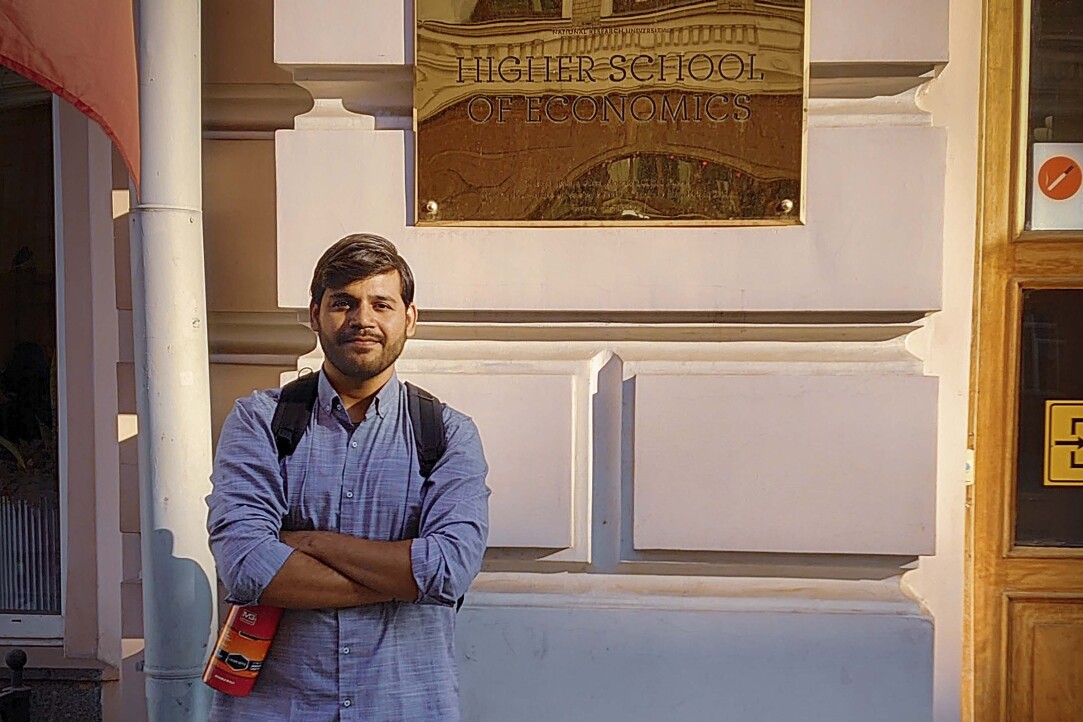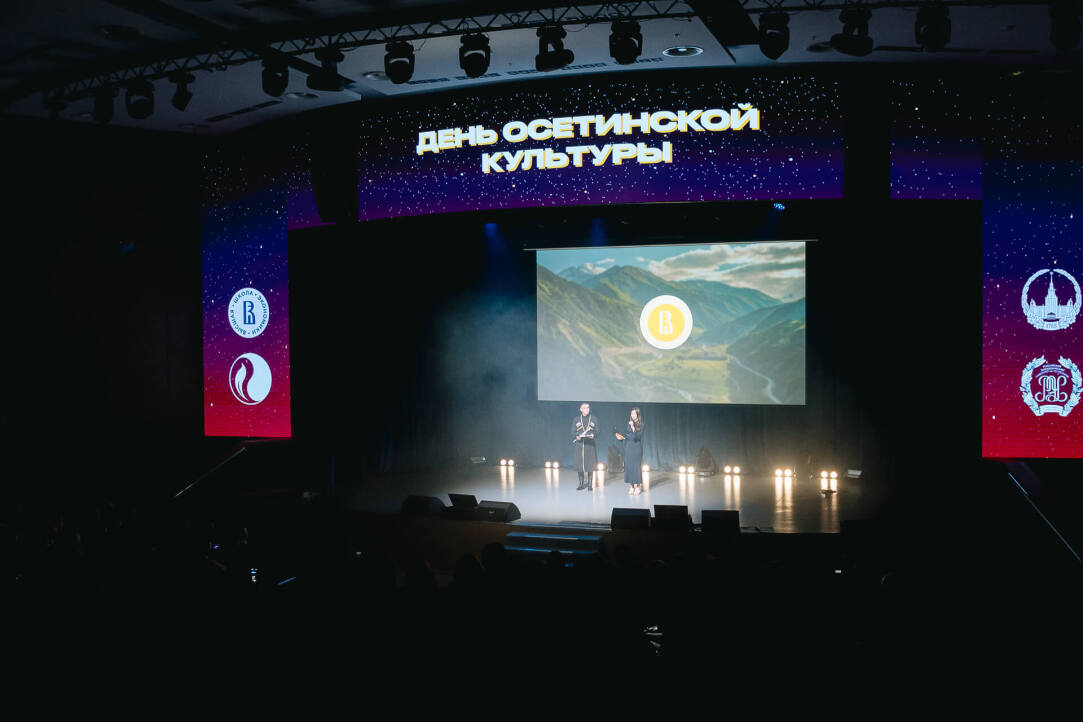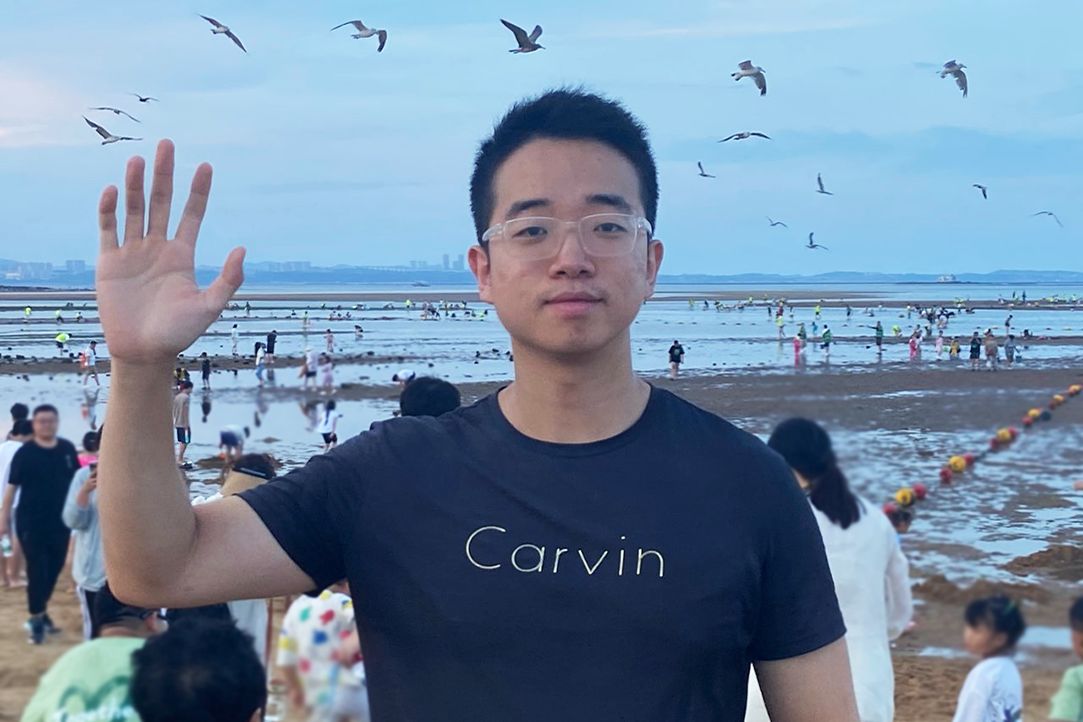
Healthy Nutrition Saves Public Funds: Strategies to Reduce Healthcare Costs in Russia
In Russia, the annual cost of treating type 2 diabetes alone exceeds 500 billion roubles. Promoting healthy nutrition programmes can ease the burden on the healthcare system and increase life expectancy. This was the conclusion reached by economists at HSE University after analysing global experiences with government involvement in promoting a healthy lifestyle.

‘Everyone Here Is Eager to Connect and Collaborate’
Syed Zeeshan Raza Zaidi is a 23-year-old international student from Karachi, Pakistan. He is currently a first-year master’s student in Cognitive Neuroscience at HSE University in Moscow seeking to explore the complexities of human behaviour and cognition from a multidisciplinary perspective. Syed spoke to the HSE News Service about why HSE is the best place to realise his potential, what makes Moscow and Karachi so similar, and why he misses home-cooked food most of all.

Conscientious Individuals Live Longer
Personality traits such as conscientiousness, emotional stability, and an internal locus of control significantly influence one's lifestyle and longevity. Not only can personality traits influence health through beneficial and harmful habits but can also have a direct effect on mortality. Higher conscientiousness reduces the risk of premature death by 20 percentage points, while higher neuroticism increases it by 12 percentage points. These are the findings from a new study by Ksenia Rozhkova, Junior Research Fellow at the Laboratory for Labour Market Studies of the HSE Faculty of Economic Sciences.

An Atmosphere of Friendship and Unity: HSE Hosts First-Ever Ossetian Culture Day
In early December, the HSE Cultural Centre hosted the university’s first-ever Ossetian Culture Day. It was organised by student associations from Ossetian communities at HSE, MSU, Gubkin University, and Plekhanov University. Before the grand concert, guests—including Igor Barskov, Deputy Chairman of the Government of the Republic of North Ossetia–Alania—were invited to sample traditional Ossetian cuisine and participate in a contest to win prizes.

HSE Faculty of Chemistry Professor Wins Vyzov Prize
On December 9, 2024, the winners of the Vyzov Prize for Future Technologies were announced. Professor Leonid Fershtat from the Joint Department of Organic Chemistry with the RAS Zelinsky Institute of Organic Chemistry was honoured in the ‘Future’ category for his advanced research on creating functional organic materials for multi-purpose use based on high-nitrogen molecular architectures.

Alexander Shokhin Awarded Order of Merit for the Fatherland, 1st Class
On December 12, 2024, Russian President Vladimir Putin presented state awards to outstanding citizens of Russia at the Kremlin. Alexander Shokhin, head of the Russian Union of Industrialists and Entrepreneurs (RSPP) and President of HSE University, was awarded the Order of Merit for the Fatherland, 1st Class.

HSE University Named Online Education Leader in THE Rankings
HSE University has been awarded ‘Gold’ status in the Times Higher Education (THE) Online Learning Rankings 2024 alongside 10 other global universities. A new subset of the Times Higher Education World Rankings, the Online Learning Rankings (OLR) are focused on global universities that develop online education.

‘This Night Is One Minute Longer Than Other Nights of the Year’
Eating fruit, wearing traditional outfits, and surviving the Moscow cold: Prep Year students from Vietnam, Iran, and Ghana talk about the New Year traditions in their countries and their plans for the celebration in Russia.

‘Got Ideas? Come in!’: HSE Launches Centre for Transfer and Management of Socio-Economic Information
HSE University is completing the transformation of the Unified Archive of Economic and Social Data into the Centre for Transfer and Management of Socio-Economic Information. As part of this process, the HSE University Repository of Socio-Economic Information has already been launched. Vera Vishnyakova, Centre Director, spoke to the HSE News Service about these changes and how they will affect the university, scientists, and students.

A Dance Studio as a ‘Power Place’ for an International Student in Moscow
Liu Minglin, 22, from China, chose to study at ICEF in Moscow for two reasons: his Russian friends’ recommendations and the contents of the programme curriculum on the website. Now in his final year of the International Bachelor’s Programme in Economics and Finance at ICEF, Liu Minglin shares his impressions of living in Russia and studying at HSE University.

